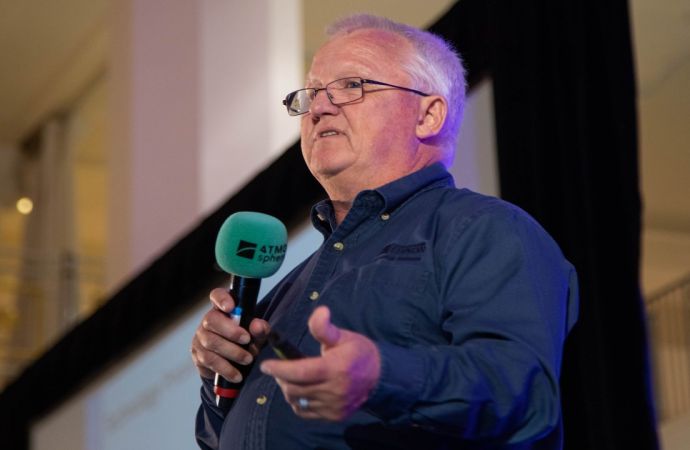A new GIZ guide shows how developing countries can take advantage of funding initiatives.

Developing countries can tap into a variety of funding options for sustainable refrigeration and air-conditioning (RAC), according to a September 2018 report from the ‘Cool Contributions fighting Climate Change (C4)’ project – which includes Costa Rica, Grenada, Iran, the Philippines and Vietnam and is implemented by GIZ.
The Deutsche Gesellschaft für Internationale Zusammenarbeit (GIZ for short) is a German development agency headquartered in Bonn and Eschborn that provides services in the field of international development cooperation.
The report, called ‘Coordinating finance for sustainable refrigeration and air conditioning’, shows how developing countries can take advantage of funding opportunities outside of the Kigali Amendment to the Montreal Protocol’s Multilateral Fund (MLF), which aims to finance the phase-down of HFCs and phase-out of HCFCs.
“The MLF has a clear mandate to finance the HCFC phase-out and HFC phase-down but also includes funding for countries to avoid transitioning to HFCs by leapfrogging directly to low-GWP alternatives [like natural refrigerants],” the report states.
“For those activities that are not eligible for funding under the MLF, it is important to identify additional funding sources,” the report adds – especially to increase the energy efficiency of the RAC sector.
The report recommends taking advantage of private and public sector initiatives and joint initiatives, as well as general climate funds. The privately funded Kigali Cooling Efficiency Programme (K-CEP) is an example of how private-sector investment in developing countries is used to improve efficiency and reduce HFC use.
For more on this report, please click here.
Related stories

_1610700022.jpg)
